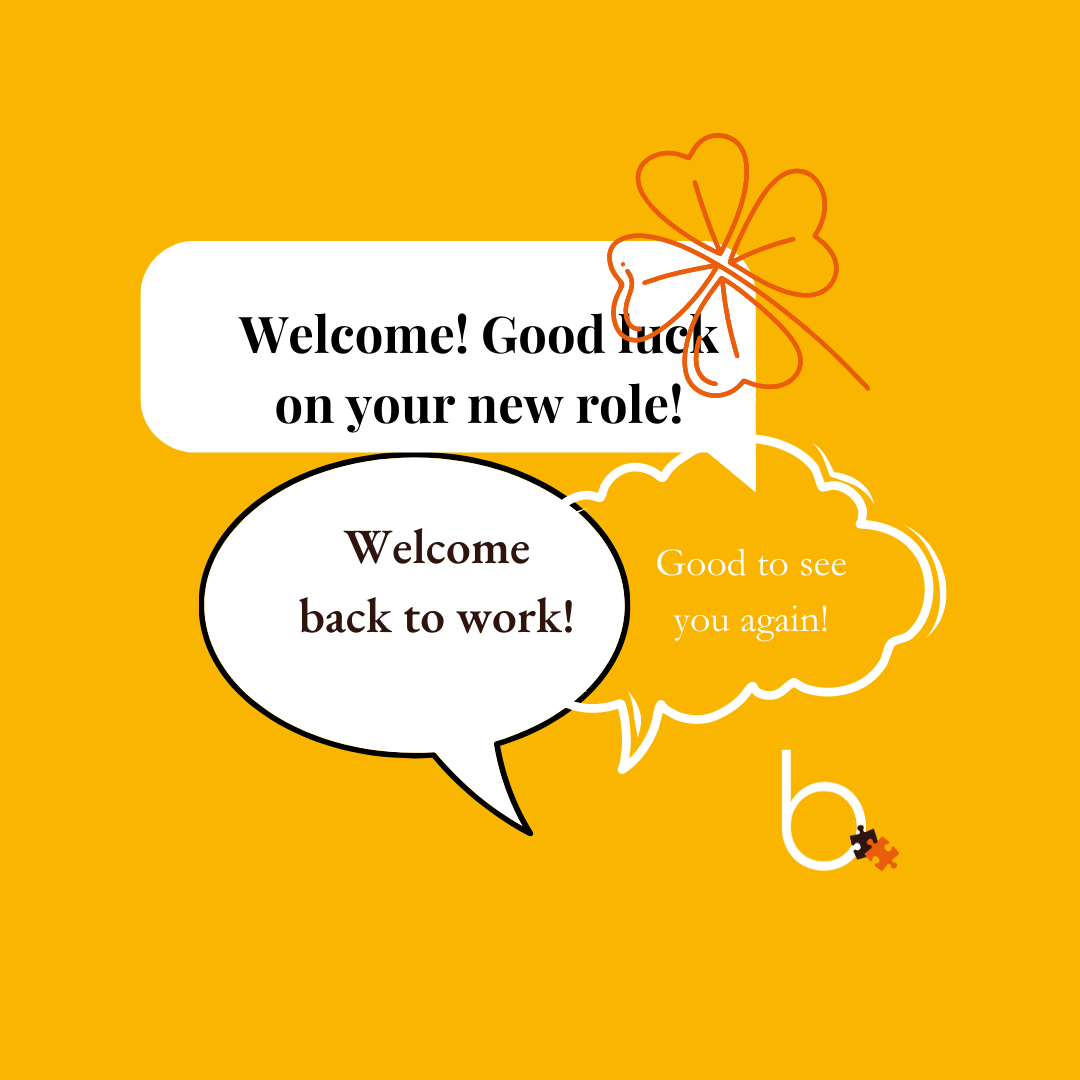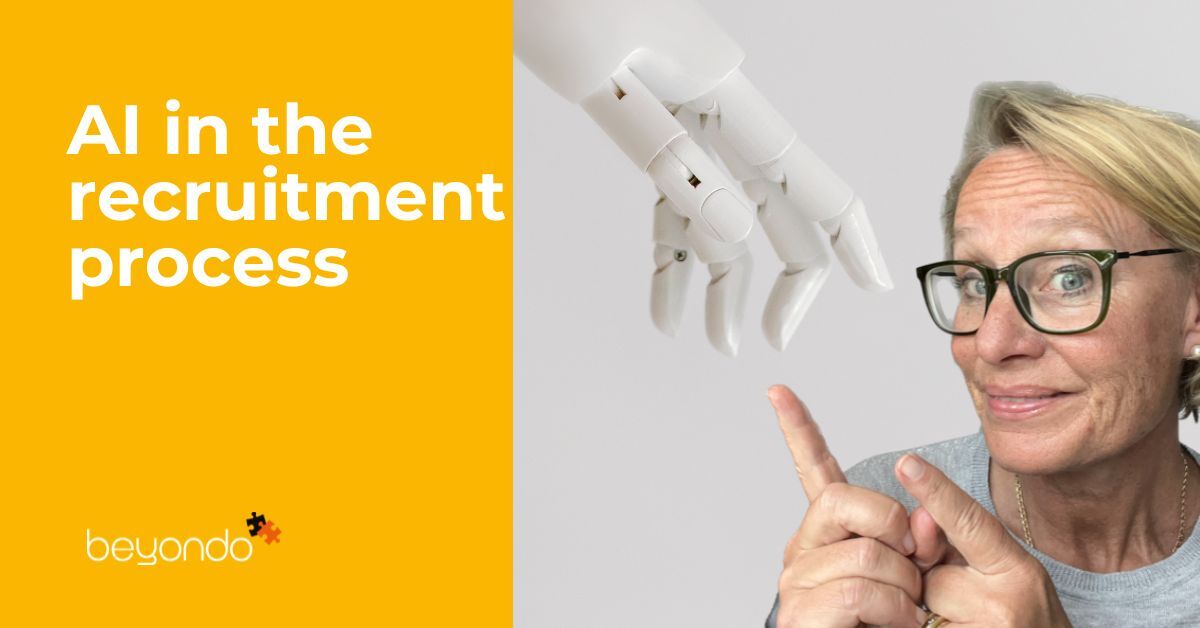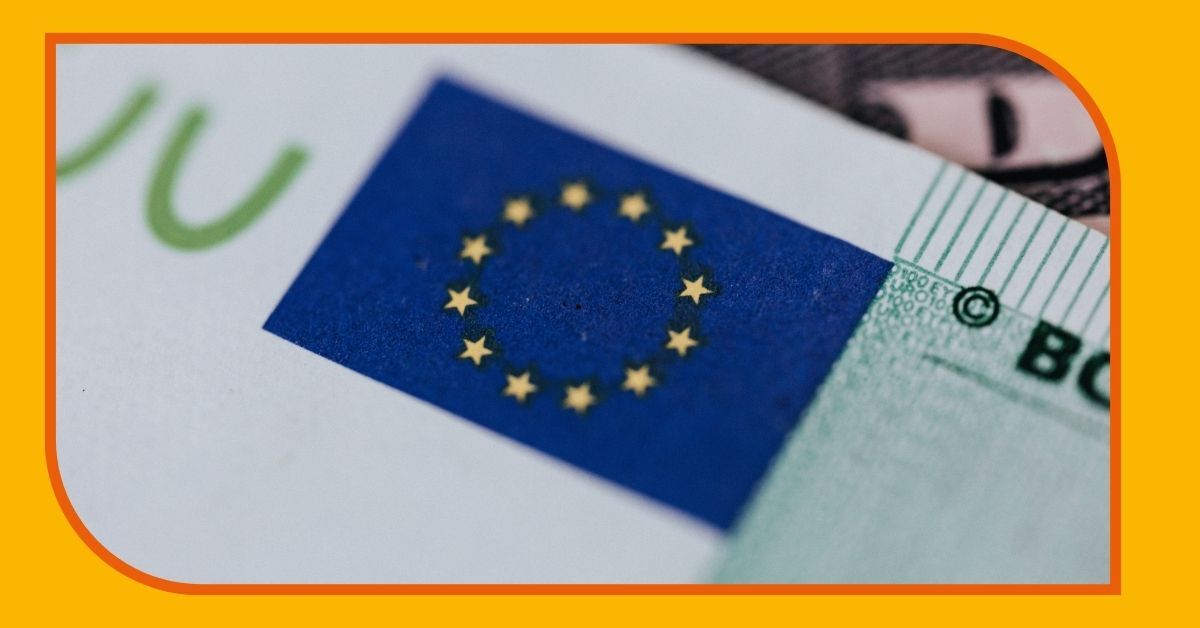It is August, and people are (at least in Sweden) returning to work from their beloved, yet deserved summer holiday. Have you ever heard of ‘post-holiday behaviour’? As an employer, it can be crucial to understand these potential post-holiday behaviors and be prepared to handle them in a way that supports your employees and helps them get back on track.
Perhaps you even recognize it yourself? Post-holiday behavior refers to the attitude, energy level, and productivity exhibited by employees when they return to work after a holiday, vacation or a longer period of time off from work. After a break from work, individuals might experience various emotional and behavioural changes as they transition back into their regular work routines.
We have listed some examples of post-holiday behaviour and what you could do to identify it.
-
Some employees may return from their holiday with renewed vigor, refreshed, and ready to tackle their work with heightened motivation: one has, due to time off, gained renewed energy and motivation. This can often lead to a temporary boost in productivity.
-
Conversely, some employees may experience a dip in morale or motivation when they return from a holiday, the post-holiday blues. This can stem from a desire to still be on vacation, or the stress of catching up with piled-up work. It's also known as "post-vacation syndrome."
-
There may be a temporary drop in productivity, or reduced productivity, as employees need time to get back into the swing of their work routine. They might need a day or two to catch up on emails, and updates, and re-acclimate to their work environment.
-
Change in Attitude: Some employees might exhibit changes in their attitude after a vacation. If they've had time to reflect on their job during their break, they might return with a more positive perspective. On the other hand, if they've realized they're not happy with their job, they may come back with a more negative or detached attitude. They might even have applied for other jobs or have conducted interviews during the holiday.
-
After holidays, some employees might take more sick leave either due to actual illness (such as post-holiday flu) or due to a lack of motivation to return to work.
To remove any ‘lack of motivation or post-holiday behaviour, there are ways you can greet your colleagues when returning from holidays:
The way you ‘welcome people back’ is a simple yet important way to foster a positive and welcoming work environment.
Everyone appreciates a warm and friendly welcome! Start with a simple, genuine greeting like "Welcome back! We've missed you!" This can make them feel valued and appreciated. And people like to talk about their experiences, so as your colleague or team member, or how their holiday has been. ‘How was your holiday? I hope you had a fantastic time!” Do keep in mind the respect for everyone’s privacy. Not everyone wishes to share things from their personal life or appreciates personal questions.
Acknowledge that transitioning back into work can be tough, so ease them back into work! You might say, "Take your time settling back in. Let me know if you need any updates or assistance."
As a team member or manager, you could express gratitude if you had to cover some of their responsibilities while they were away, rather than urge them to complain about something. Express your happiness that they are back! ‘We are glad you are back; we have missed you’!
If someone has a hard time ‘starting off again’, offer help in case they need to catch up on any updates or work that occurred while they were away. "Feel free to ask if you need a brief on what happened while you were out."
Remember, the aim is to make your colleagues feel valued and welcomed. A thoughtful, friendly greeting can help set a positive tone as they transition back to work!
Or, you might be welcoming a new colleague, as it is well known that people often take a holiday before they start a new endeavour!
Good luck and 'welcome back to work'!


